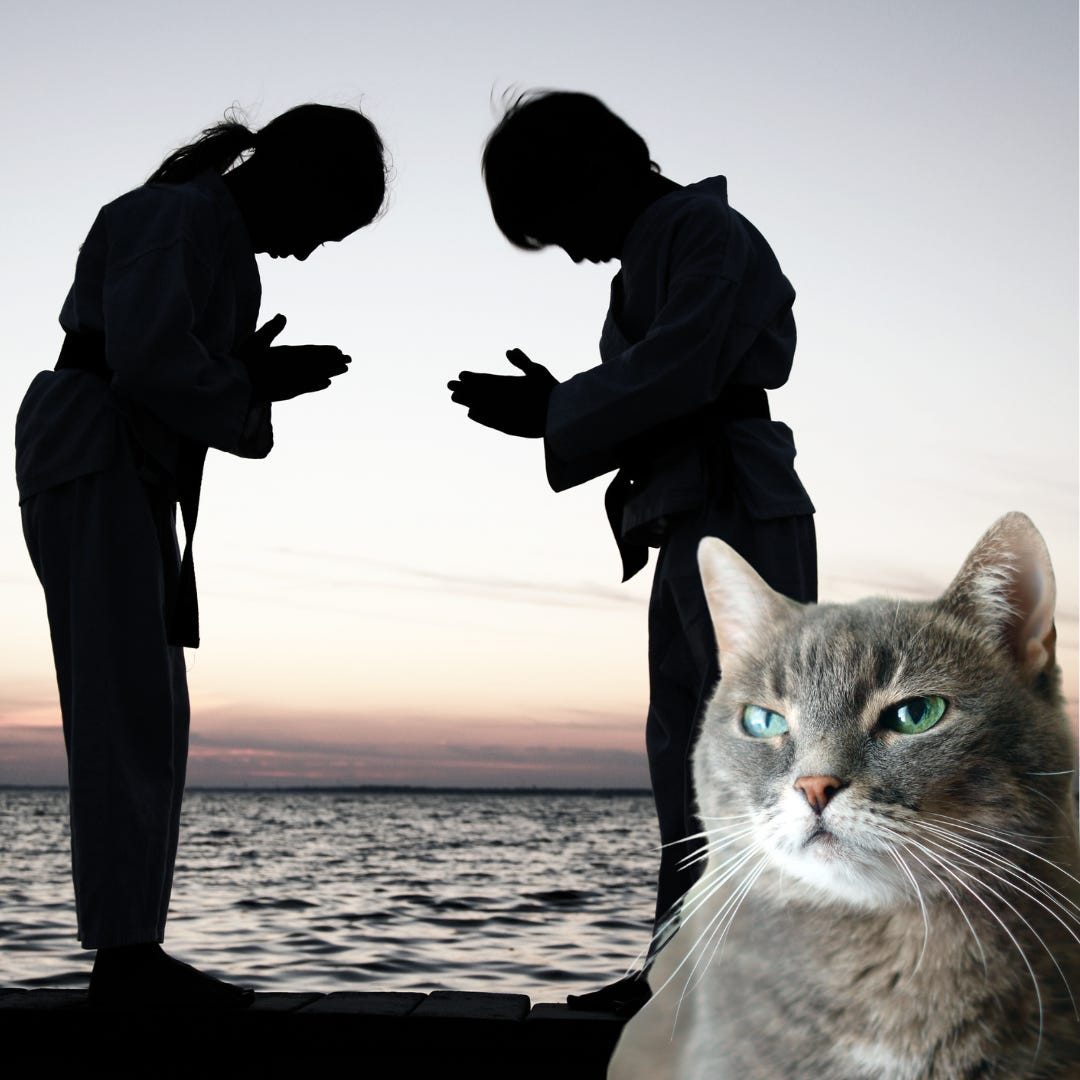... the inside world
the art of emotioncraft
Last week I spoke about three related but different elements of our inner lives - emotions, conscience and instinct. This week we focus in on just one of these - our emotional lives.
We are conditioned by the world around us not only to feel particular ways, but also to place a moral or ethical value on those feelings. I frequently hear people talking about feelings like respect, love and compassion with the sense of a positive moral value. These are good things to feel. And their opposites - contempt, hatred and cruelty - are bad. People of poor character feel the latter, people of good character feel the former.1
But why? Given that all of these feelings (and more) are simply part of being human, why would one type of emotional experience be “better” than another? If we are to affirm human life - isn’t it simplest just to affirm everything about it, and escape customary morality?
In the world of human emotion, moral groupthink can play a particularly damaging role. Either supposedly bad emotions are denied because we are too ashamed to admit to them. But then, pushed under the radar, they can take hold of us in unhelpful ways. Or, if we don’t deny them, we condemn ourselves (or other people) for feeling them.
This is not a recipe for human flourishing. It is a part of what the philosopher Friedrich Nietzsche calls the “blackening of existence” - making us feel bad about ourselves just for being human.
So what to do about our emotional lives?
Let’s call this emotioncraft - the two step process of first removing customary morality from our emotional lives, and second, then creating an internal world that allows us to flourish from the way we feel.
So let’s try this with three different examples: respect/contempt; love/hate; and compassion/indifference.
Respect/Contempt
Keep reading with a 7-day free trial
Subscribe to Provocations to keep reading this post and get 7 days of free access to the full post archives.




